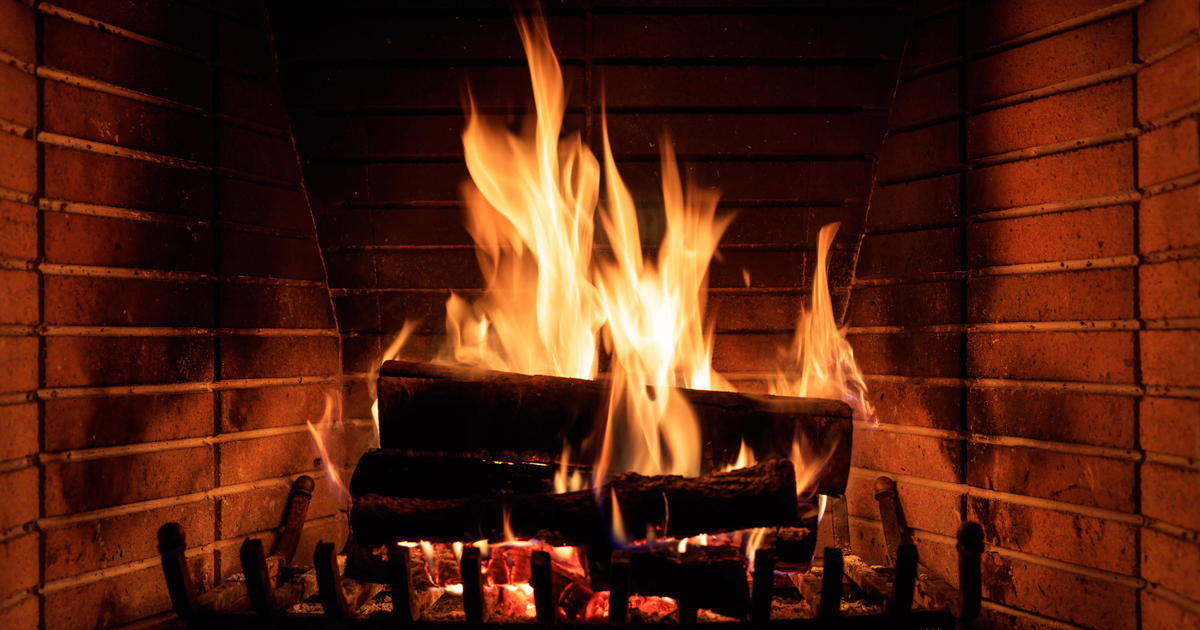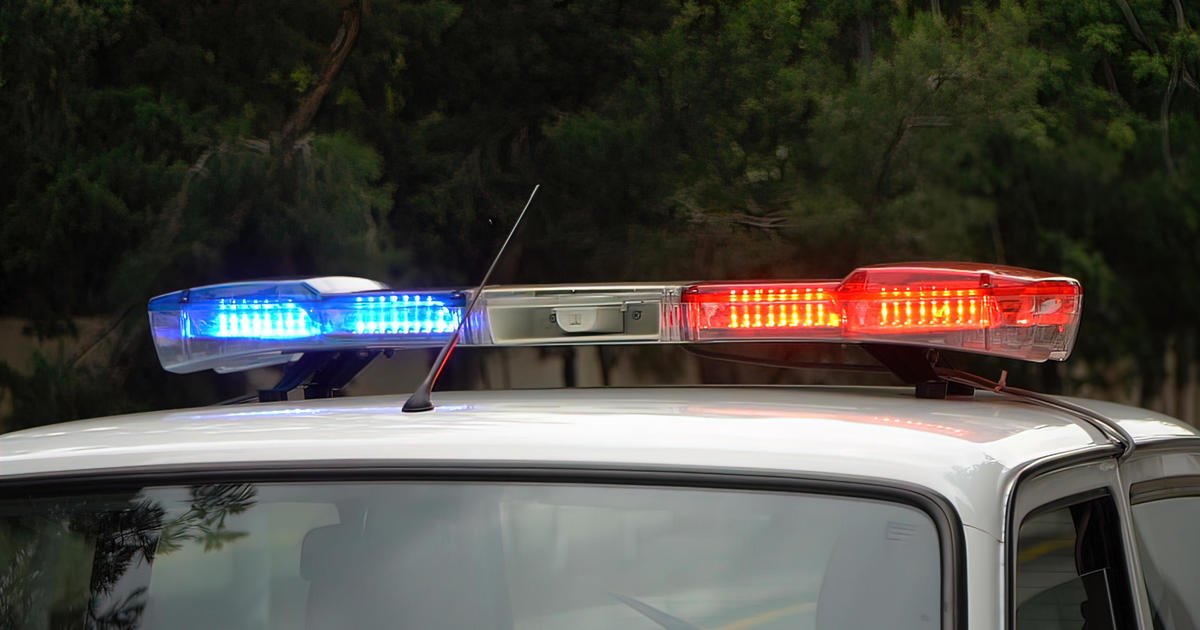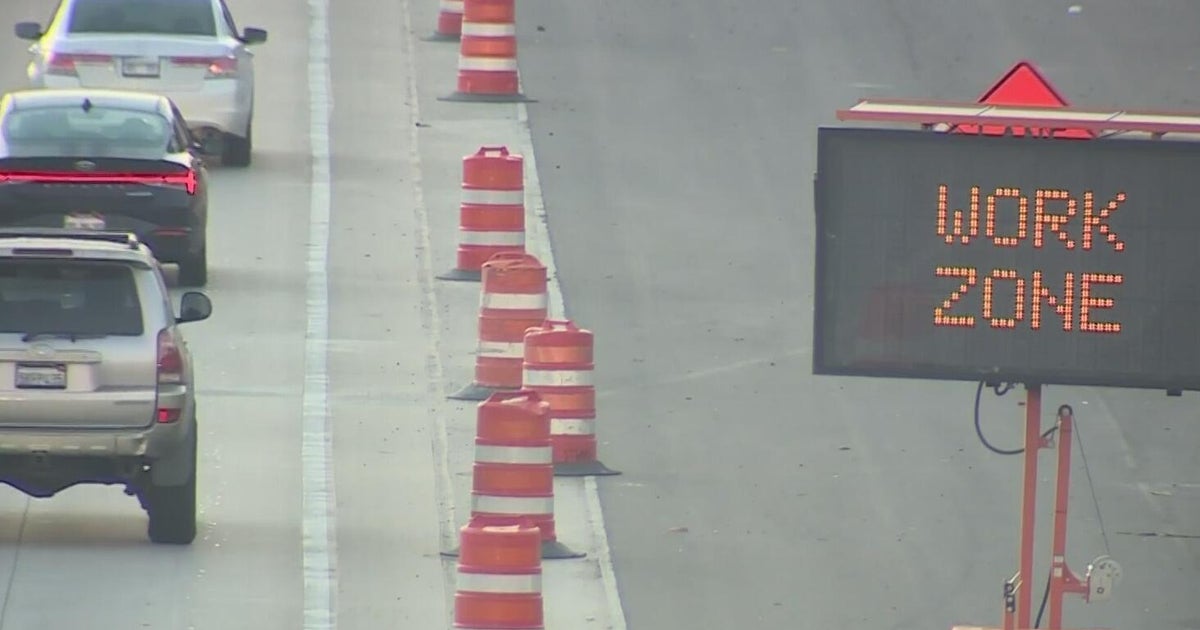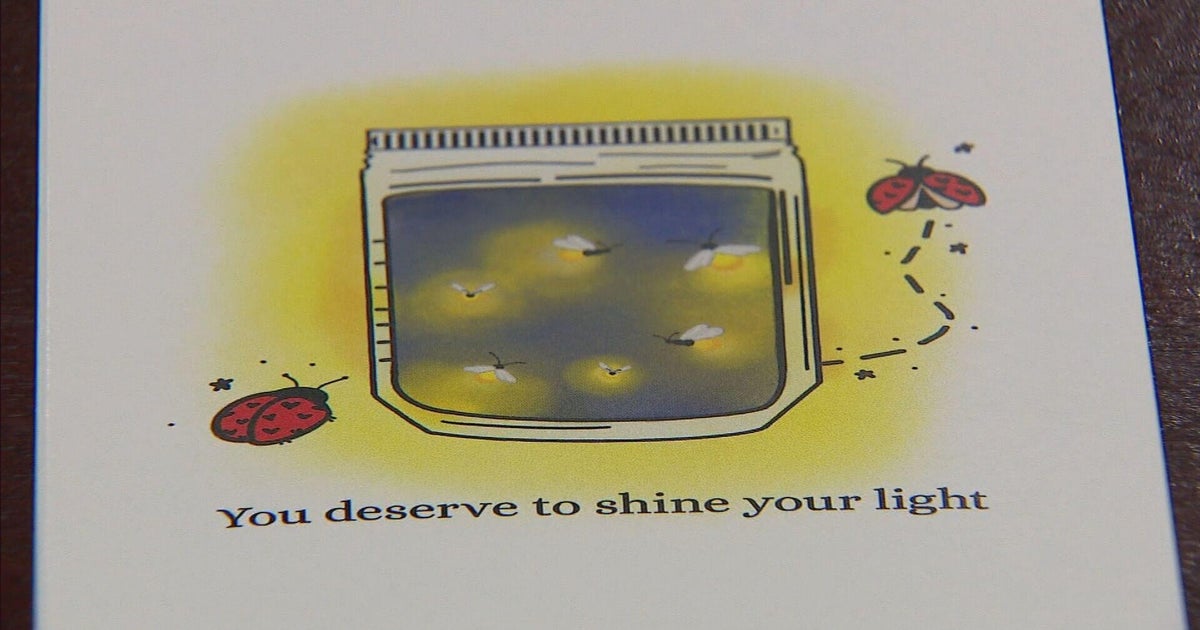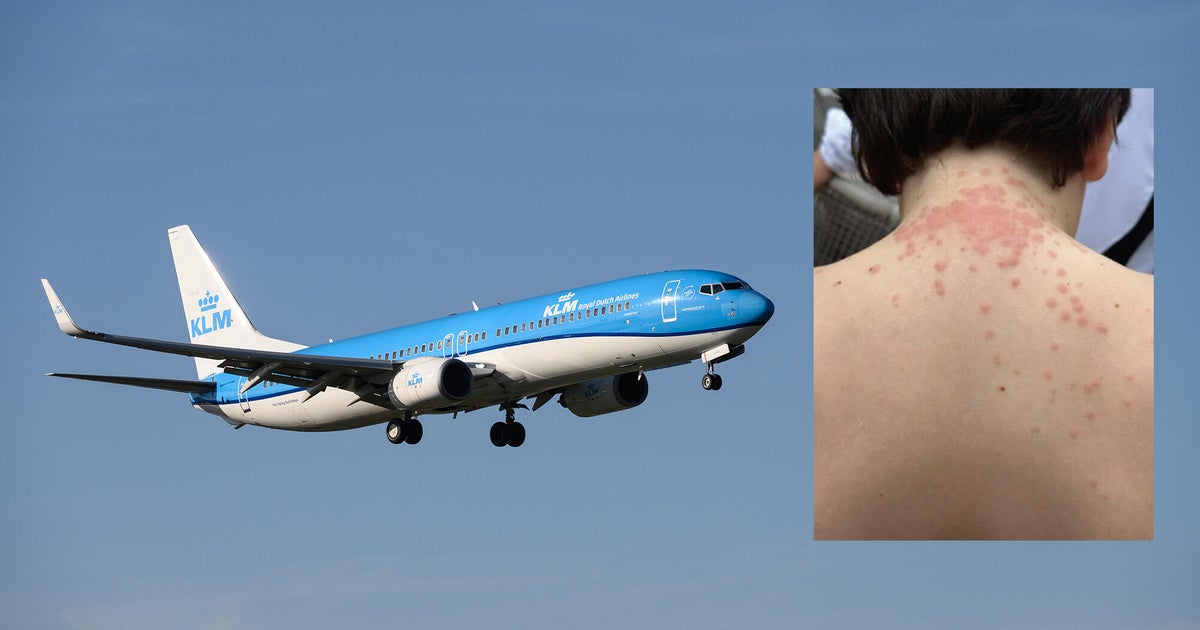Spare The Air has played vital role in Sacramento's air quality awareness for 30 years
SACRAMENTO — Sacramento's clean air efforts are celebrating a major milestone as the first Spare The Air days began 30 years ago.
For Eric Guerra, a California Air Resources board member, clean air efforts are a family affair. His kids often ride home from school on the back of his electric bicycle.
"It's about doing as much as you can, and they love it," Guerra said.
As an air resources board member, he knows how important it is to reduce pollution.
"We've made great strides in improving our air," Guerra said. "Many people remember the smog days of Sacramento, but we still have a long ways to go."
The American Lung Association (ALA) says Sacramento has the 7th worst air quality in the nation, which is something that can have significant health impacts on people who live here.
"It can send people to the emergency room with asthma attacks, add to asthma burdens, add to cardiovascular issues, and even contribute to premature deaths," said Will Barrett with the ALA.
So how does declaring a Spare The Air day help cut pollution?
"The primary action that we're asking you to do is to drive less so that less of those emissions are put into the air," Allshouse said.
The overall trend shows pollution levels are falling.
Twelve years ago, there was a need for 22 Spare The Air days, but there have been just eight or fewer in the last five years.
"Generally, the program has been really successful in helping us keep air pollution down," Allshouse said.
Clean air advocates say there still needs to be more programs encouraging people to drive electric cars — or commute by bike, bus, and light rail — until Spare the Air days are no longer needed.
"There's a lot of ways you can pair a bike trip with a transit trip, and so you never even have to start your car," said Jennifer Fonton, the CEO of Breathe California Sacramento Region.
"We're making every possible option, from looking at electric vehicles to new electric bike voucher program and also incentivizing and making it easier to use public transportation," Guerra said.
The Sacramento region risks losing federal transportation funding if the air quality is not improved.
